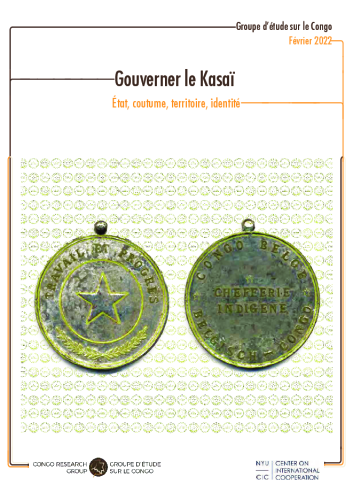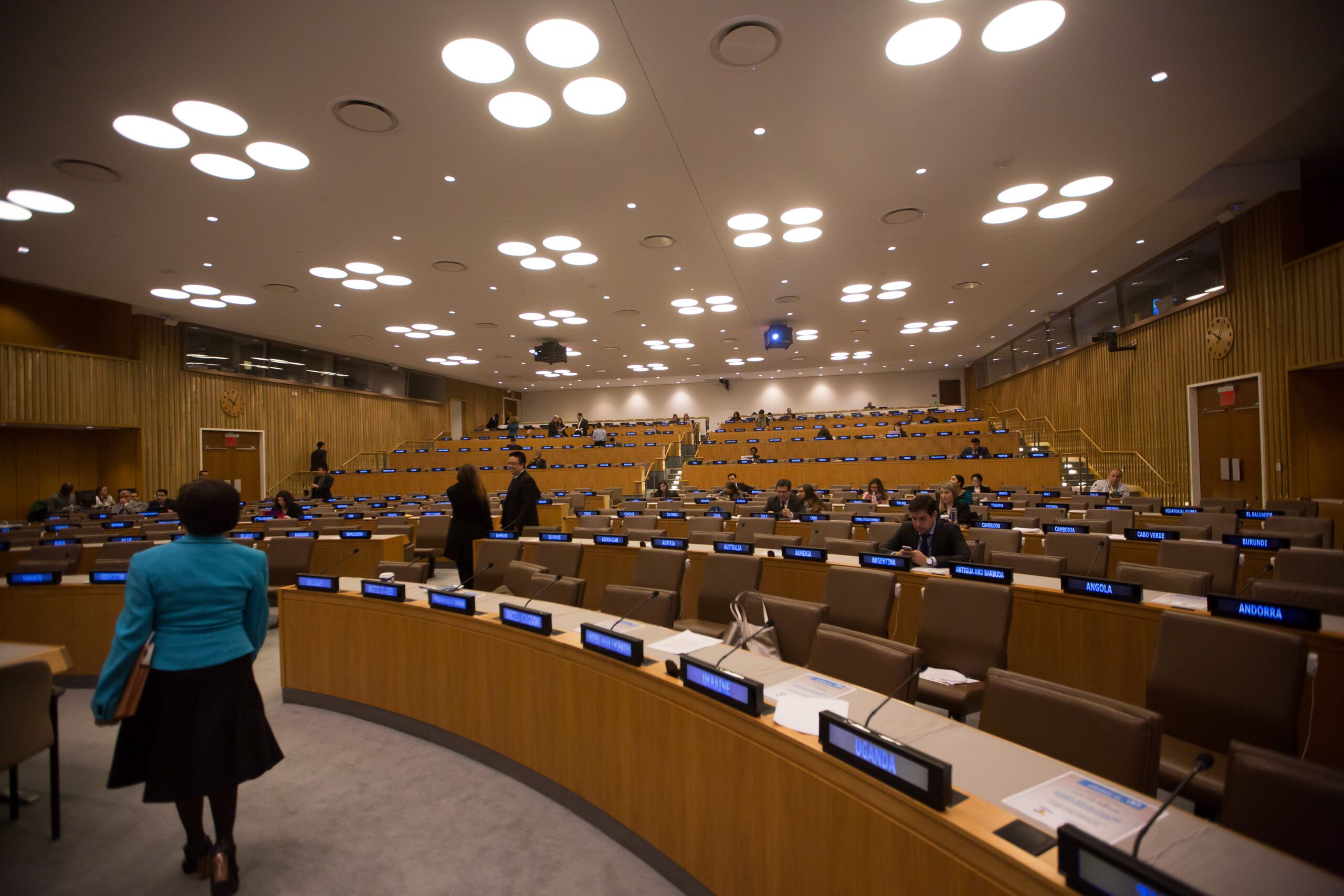Kasaï is one of the regions most affected by customary conflicts in the Democratic Republic of Congo. Between 2002 and 2015, local civil society counted more than a thousand occurrences of conflict in the region. In 2016, the Kamuina Nsapu affair also revealed the manipulation of customary power and the violence that followed.
The Congo Research Group (CRG)’s newest report, “Governing the Kasaïs: State, Custom, Territory, Identity” examines three cases of customary conflict in the provinces of Kasaï and Kasaï Central in order to understand the overall dynamics in Kasaï.

The report demonstrates how the Congolese state sometimes can play a counterproductive role in the management of customary power within the Kasaï region, and in other instances, how it occasionally plays no role at all and allows politicians to tacitly interfere in customary affairs. These politicians can sometimes aggravate and take part in customary conflicts by interfering in the succession process and by recognizing certain chiefs in the place of others. This is the case, for example, through the contestation of customary power in the Kamba Wono groupement (Kasaï), where one of the contestants tried to use his financial means and political connections to try to obtain the status of customary chief and dethrone the incumbent. This took place at the time of the Kamuina Nsapu insurgency, and became a violent conflict.
Additionally, in the cases of Kakenge and Bakuakenge, internal problems related to governance, control of resources, and ambiguity between the exercise of customary and administrative power are at the root of some of the conflicts. Like the Kamuina Nsapu rebellion, these conflicts involve public services and political leaders. All of them interfere with the legal recognition of customary power and internal conflicts.
Moreover, the state often does not create conditions that encourage peaceful cohabitation in rural areas: little or no funding for mediation entities such as the Customary Conflict Resolution Advisory Commissions (CCRCCs), poorly drawn boundaries of administrative entities such as groupings, and the ambiguity of the dual administrative and social role played by the customary chief.
This report recommends that strengthening the capacities and funding of customary conflict mediation bodies, and also those of the Geographical Institute of Congo (IGC) to establish official recognition of group boundaries. It is equally important to respect the holding of local elections in 2023. These elections will create political accountability of sector leaders to the population.
Read the full paper: Governing the Kasaïs: State, Custom, Territory, Identity (French-only)


